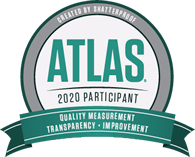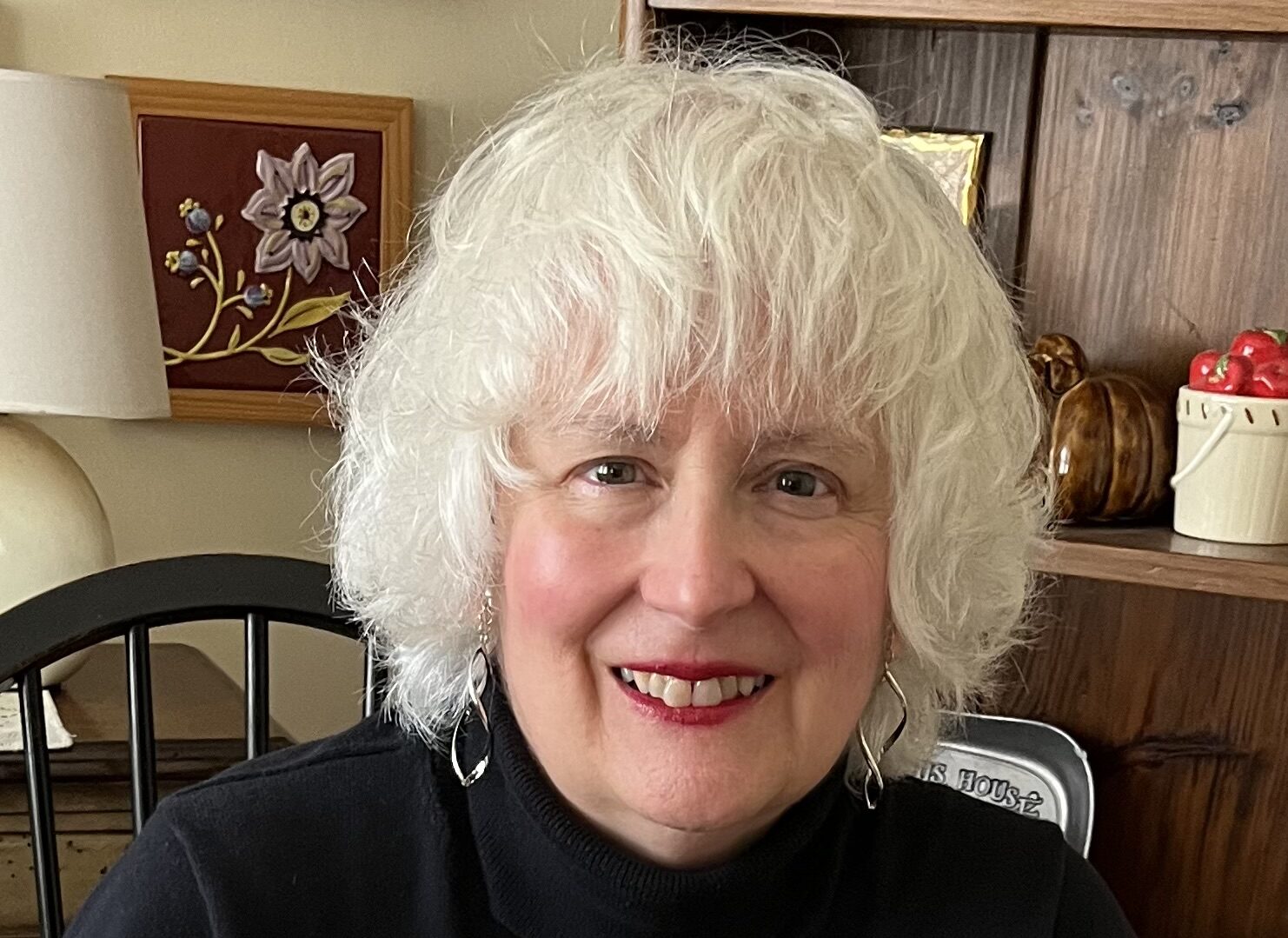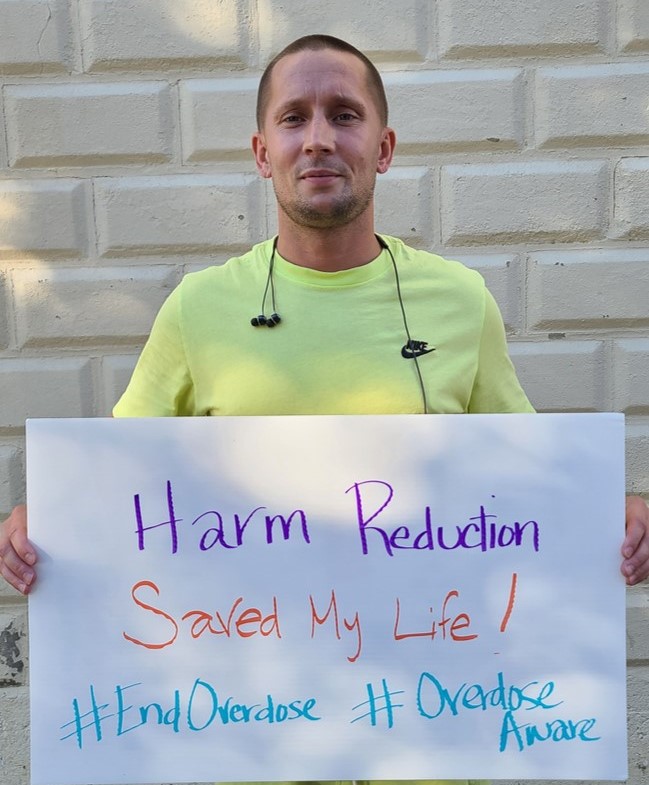programs
residential treatmentResidential Rehabiliative Recovery Services
Jeremiah’s Inn Inc. assists over 100 men each year in making the necessary changes to their thinking and behavior that supports a recovered lifestyle. Recovery is so much more than staying abstinent from drugs and alcohol. At JI we use the American Society of Addiction Medicine’s (ASAM) criteria to formulate a comprehensive, individualized treatment plan with each patient. This evidence-based approach highlights an individuals strengths, while focusing on challenges they may face while working toward their personal recovery goals.
Scroll down for eligibility information and answers to FAQs.


Eligibility & Application Information
Eligibility Criteria
1. 18 years and older
2. Stable medical and mental health status
3. Substance abuse/misuse diagnosis
4. Massachusetts resident
5. Willingness to change your life and a desire to remain substance free
Required Documents
1. The Residential Program Application
2. Submit a recent Bio-Psych-Social evaluation, no more than 6 months old and with a primary diagnosis of substance use disorder (SUD)
3. Bureau of Substance Addiction Services (BSAS) approved form of identification
Application Process
Please note: Applications or status inquiries sent to the general email (info@) will not be processed.
Applications will not be processed until all the required documents are received.
Per 42 CFR, part 2 and HIPAA, we cannot accept resident applications or other forms of Protected Health Information (PHI) via email.
There are 3 ways to submit an application for Residential Treatment
1. Submit an online application below and upload the appropriate documents
2. Download a PDF below and fax to: (508)793-9568
3. Download a PDF below and mail to: Jeremiah’s Inn, 1059 Main St., PO Box 30035, Worcester, MA 01603.
We recommend applicants call within one week of submitting an application to check on its status. Contact Christine via email at [email protected] or use ext. 130 to inquire about the status of an application.
Applications are reviewed by the case management team in the order they are received. If approved, the next step is an interview. After a successful interview, applicants are placed on the waiting list. No one is added to the waiting list until they have been interviewed by Jeremiah’s Inn staff.
Applications are closed after 30 days of inactivity.
We recommend applicants and referral agencies read our Resident Manual so applicants are prepared for their interview.
To check on the status of your application please contact our Intake Coordinator, Christine Church at (508) 755-6403 x 130 or email at [email protected].
Applications or status inquiries sent to the general email (info@) will not be processed.
What is Social Model Recovery?

Social Model Recovery
This model of treatment combines strong Case Management support with a peer oriented program of experiential learning.
How does Jeremiah’s Inn differ from other programs?
Addiction is a complex disease that affects the body, mind, and spirit. We offer a wide variety of activities aimed at helping our patients learn new coping strategies and techniques to aid them on their journey to lasting recovery. Exercise and meditation have proven to help prevent relapse, and reduce withdrawal symptoms and drug cravings.
All residents are welcome to attend small group exercise classes with Revive of the USA trainers. This mobile team consists of certified and insured fitness trainers with extensive experience in both fitness and recovery. Residents are encouraged to join our team in the Worcester Co-ed Sober Softball League and attend our group hikes. Furthermore, residents also have access to the YMCA just a short distance away.

Holistic Approach
Holistic activities uniquely strengthen the mind-body-spirit connection that is so essential to becoming a healthy, happy and fully integrated individual – which is the ultimate goal for anyone in recovery.
In addition to exercise, we provide meditation classes, sober outings, and volunteer opportunities with the Community Harvest Project and other local organizations, as well as awareness-raising events.
Research has shown that meditation can be particularly effective in addiction recovery, with studies reporting a 30% reduction in relapse rates among participants who regularly practice meditation. Our patients have the opportunity to attend weekly group meditation, and/or individual Reiki sessions with Reiki Master Sylvia Murphy. Reiki is a therapy modality that focuses on energy healing. Many patients report an enhanced state of well-being and relaxation after just one session!
We strongly encourage our residents to embrace these opportunities for self-discovery and healing and hope that they will continue to employ some of these techniques to support their long-term recovery.

Sylvia Murphy
Sylvia Murphy has been an educator in both public and private sectors for over 35 years. She is a graduate of the Spiritual Guidance Program at the Unitarian Universalist Rowe Center. She holds a Master’s Degree from the School of Theology and Ministry at Boston College. Sylvia is a certified Reiki Master with further studies in Svaroopa Yoga, Ayurvedic Spirituality, and Sound Healing.
What is Harm Reduction?

Harm Reduction
A comprehensive prevention strategy, harm reduction is part of the continuum of care. Harm reduction approaches have proven to prevent death, injury, disease, overdose, and substance misuse. Harm reduction is effective in addressing the public health epidemic involving substance use as well as infectious diseases and other harms associated with drug use.
Harm reduction aims to meet people where they are at, and without judgment make sure they have access to services that reduce the risk of disease and death associated with substance use. Harm reduction is a vital component of our comprehensive, integrated treatment approach at Jeremiah’s Inn (JI), which includes access to Medically Assisted Treatment (MAT) such as Buprenorphine/Naloxone or Methadone.
In addition, our patients are given infectious disease prevention training, and testing, and have access to treatment. Patients attend smoking cessation groups and have access to materials such as Nicotine patches and gum.
Staff and patients are trained in overdose prevention and the administration of Naloxone and we are an Approved Naloxone Affiliate of the Community Naloxone Purchasing Program (CNPP). Patients have access to a myriad of community supports that focus on removing barriers to obtaining safe housing and employment such as transportation and legal issues.
“When I came to JI I thought I was going to a treatment facility- I was really entering a family. Everyone there was involved in, and cared about my treatment. I’ve built lifelong friendships through JI and I LOVE everyone there. Thank you JI.”
Kenny P.
Additional Resources
- Massachusetts Substance Abuse Helpline
The helpline offers free, confidential information and referrals for those with alcohol and drug problems seeking help. Call (800) 327-5050
- Addiction Resource Website
Addiction Resource provides resources to help those suffering from substance use disorders and their loved ones find treatment and support. They offer a wide variety of information around substance use disorders, including recognizing signs and symptoms of abuse, who’s at risk, the various levels of care, and self assessment tools.
- SAMSHA (Substance Abuse and Mental Health Services Administration)
This organization provides a wealth of information around substance use disorders and mental health disorders. They offer many publications, data, and resources for the patient, their families, and treatment professionals. They also provide a treatment locator to find treatment facilities in your area
- Stigma Free Worcester
This smart phone app was researched and developed by Worcester Polytechnic Institute students in collaboration with the City of Worcester’s Department of Health and Human Services. It helps connect the user with substance use, mental health, food, and shelter services in Worcester. View information about organizations and sort them by the services they offer, the insurance they accept, when they are open, their distance from you, and their eligibility requirements to find the resource that’s best for you.
- Make the Connection
Launched in 2011, maketheconnection.net connects Veterans, their family members and friends, and other advocates with mental health information, local resources, and Veterans’ own inspiring stories of recovery. Visitors can learn about the signs of problems with drugs and alcohol and find sources of support. The site is free and accessible to everyone.
- Bureau of Substance Abuse Services (BSAS)
BSAS oversees the statewide system of prevention, intervention, treatment, and recovery support services for individuals, families, and communities affected by gambling and substance addiction. They are responsible for: Licensing substance use disorder treatment programs and counselors, funding and monitoring prevention, intervention, treatment, and recovery services. Providing access to treatment for the uninsured, developing and implementing substance use disorder-related policies and programs. Tracking substance use disorder treatment trends.
- Homelessness Links National Coalition for the Homeless
- Massachusetts Housing and Shelter Alliance
- National Coalition for Homeless Veterans Resource Locator
- Housing and Urban Development (HUD) Resource Locator
- National Law Center on Homelessness & Poverty Resources
- SMOC’s Greater Worcester Housing Connection Resources/Services
